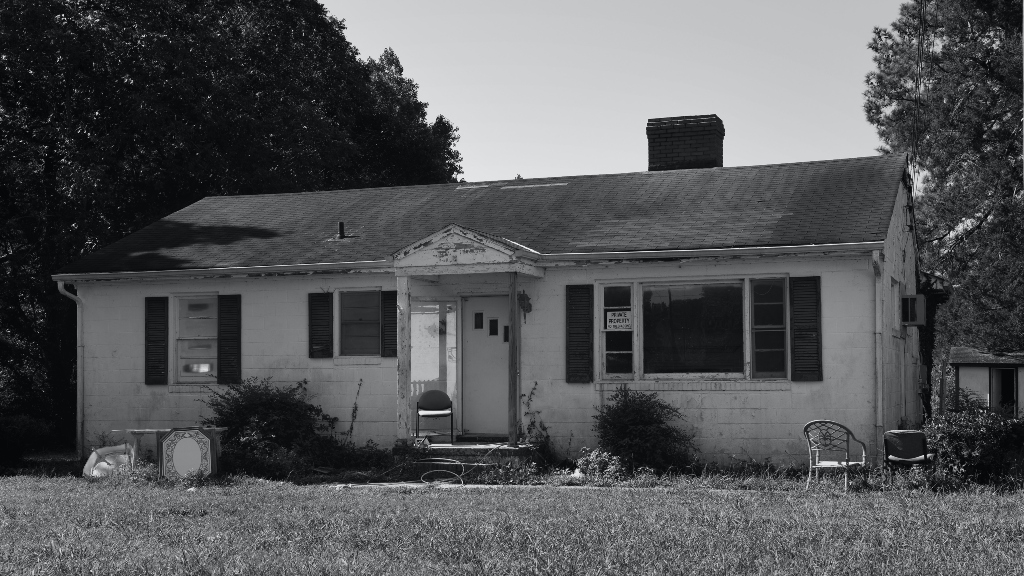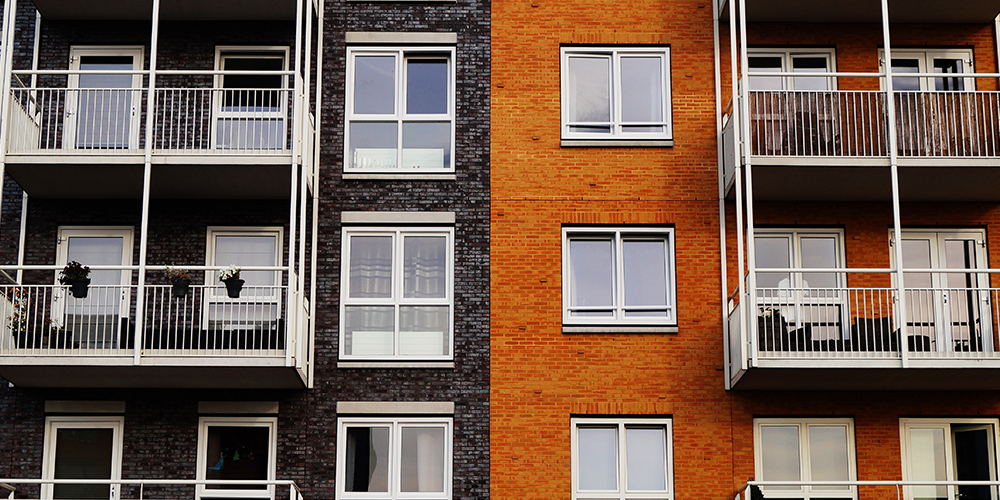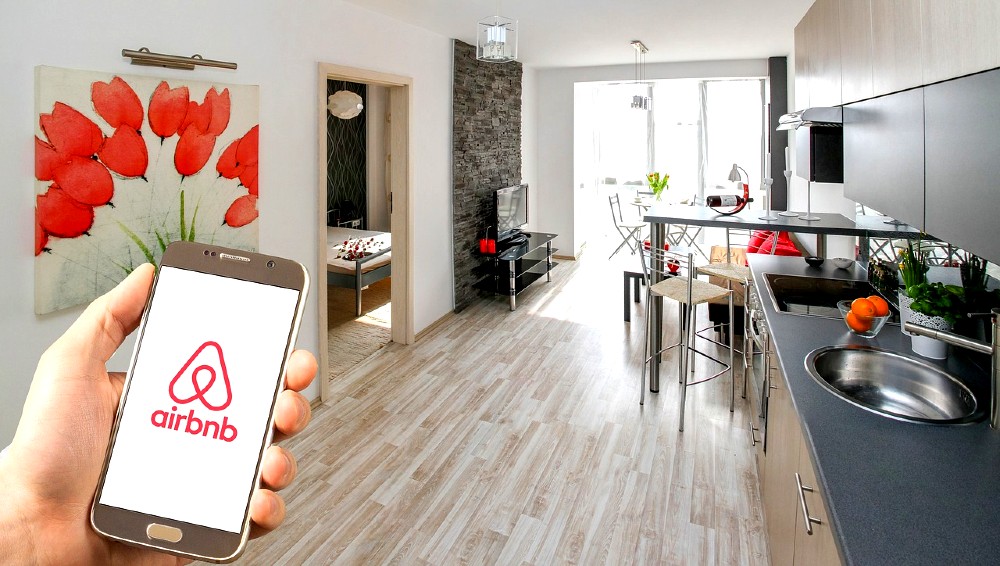The proliferation of Airbnb locations across the world has, on paper, yielded a lot of positives: more options for keen travelers, less formality for first-time forayers, and the option for “normal” people to turn a buck with their own property without needing a ton of startup capital. Unfortunately, the reality of the Airbnb effect is much grimmer than its idyllic premise.
Neocolonialism aside, the allure of Airbnb did not escape the same corporations that run every other major real estate endeavor, leaving those who simply wanted to rent out a spare bedroom competing with the same playing field with which they’d always had to contend. Right off the bat, the democratization of rental spaces and real estate was exceptionally short-lived, if such a thing ever was to even exist.
This brings us to Sedona, a prime example of a town that has been more or less ravaged by the Airbnb effect, leading to economic issues that include a lack of affordable housing, nearly no rental availability, and even a teacher shortage. It’s easy to look at Sedona as an isolated example, but the truth is that Airbnb’s draw is much to the detriment of many a small American town.
According to Wired, Airbnb is especially harmful to the availability of long-term rental options. In a city like Sedona–one in which the median price of a “single-family home” clocks in a $1 million–such a shortage can absolutely cripple any notable population growth, creating instead a de facto tourist economy and, as is often the case, forcing a fair number of current residents to move.
It’s no secret that gentrification plays hell with culture, and Airbnb’s effect on small towns is no different. While some locations across the world have instituted crackdowns or even wholesale bans on Airbnb and other similar rental options–Wired cites New York City and Lake Tahoe as examples–Arizona’s SB1350, a law that bypasses the state’s ban on short-term rentals, means that such a crackdown is unlikely to happen.
This leaves the residents of Sedona dealing with massive price hikes in rent, limited options for lateral movement in the housing market, and the increasing incentive to simply pack up and leave.
Short-term rentals are a luxury; like any luxury, the hidden cost, once fully explored, is perhaps too horrific to remain tenable as an option.
Jack Lloyd has a BA in Creative Writing from Forest Grove's Pacific University; he spends his writing days using his degree to pursue semicolons, freelance writing and editing, oxford commas, and enough coffee to kill a bear. His infatuation with rain is matched only by his dry sense of humor.














































